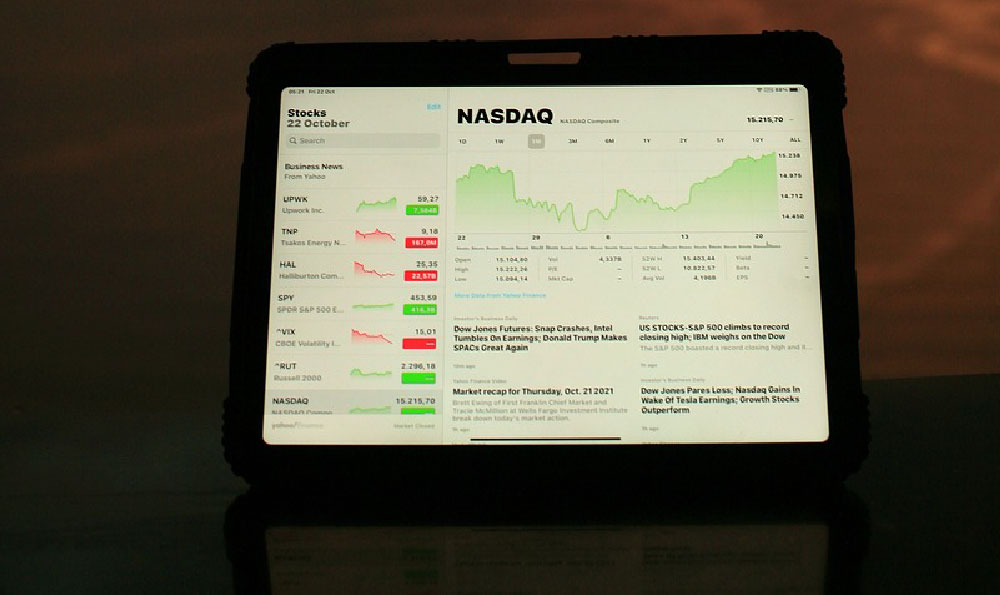Chime, the popular financial technology company, has disrupted traditional banking with its fee-free mobile banking services. Understanding how Chime generates revenue is crucial to appreciating its business model and its implications for users, including how your pay becomes integrated into its operations. Chime doesn't operate like a traditional bank, which primarily relies on fees like overdraft charges, monthly maintenance fees, and minimum balance requirements. Instead, Chime’s revenue streams are largely predicated on interchange fees and a nuanced understanding of how user funds, including your paycheck, flow through their system.
The cornerstone of Chime’s revenue generation is interchange fees. Every time you use your Chime Visa debit card to make a purchase, the merchant pays a small percentage of the transaction to Visa. Visa then shares a portion of this fee with Chime. This is a common practice among all card issuers, but it forms the backbone of Chime's business model. Because Chime doesn't charge many direct fees to its users, it heavily relies on the volume of transactions made using its debit cards. The more users spend, the more revenue Chime generates. This encourages Chime to promote card usage through various rewards programs and cashback offers, further incentivizing users to make it their primary spending card.
Another significant, though less direct, revenue stream for Chime comes from the funds held within its members' accounts, including the direct deposits of your paycheck. Chime doesn't directly lend out your money like a traditional bank. However, it does hold those funds in accounts at partner banks that are FDIC-insured. These partner banks benefit from having a large pool of deposited funds, allowing them to engage in various banking activities, including lending. While Chime doesn't directly profit from the interest generated by these lending activities, the presence of substantial deposits strengthens its relationship with its partner banks. This strong relationship can lead to favorable terms and agreements for Chime, contributing to its overall profitability and the sustainability of its fee-free model. The sheer volume of assets under Chime's management makes it an attractive partner for established financial institutions, giving Chime negotiating power and access to resources that further enhance its services.

The "SpotMe" feature also contributes to Chime's bottom line. SpotMe allows eligible members to overdraw their accounts up to a certain limit without incurring overdraft fees. While this might seem counterintuitive, it’s actually a strategically designed revenue generator. While Chime doesn't charge overdraft fees in the traditional sense, it encourages users to voluntarily tip Chime for using SpotMe. This "tipping" system creates a unique revenue stream that taps into user goodwill. Users who appreciate the convenience and security of SpotMe often choose to tip, especially when they are anticipating an upcoming deposit, such as their paycheck. This voluntary tipping, aggregated across millions of users, becomes a substantial source of income for Chime. The psychology behind this model is key; users feel more inclined to pay a small tip for a service that they perceive as valuable and non-punitive, compared to being automatically charged a hefty overdraft fee.
Furthermore, Chime may generate revenue from partnerships and affiliate programs. For example, Chime might partner with other financial service providers to offer bundled products or services to its members. In these arrangements, Chime could receive a commission or referral fee for each new customer acquired through its platform. These partnerships diversify Chime's revenue streams and provide additional value to its user base. The success of these partnerships relies on Chime's ability to curate relevant and trustworthy offerings that align with its members' financial needs.
Your paycheck plays a pivotal role in Chime's revenue generation. By encouraging direct deposit, Chime secures a consistent flow of funds into its members' accounts. This increases the average daily balance held by Chime, strengthening its relationship with its partner banks and allowing it to benefit more from interchange fees as users spend their deposited funds. The faster you receive your paycheck through direct deposit, the quicker those funds become available for spending, and consequently, the sooner Chime can generate revenue through debit card transactions. The efficiency of direct deposit streamlines the entire process, making it a win-win for both the user (faster access to funds) and Chime (increased transaction volume).
Finally, data analytics, though not a direct source of revenue in the traditional sense, plays a crucial role in optimizing Chime's business model. By analyzing user spending habits and financial behavior, Chime can gain valuable insights into how to improve its services, personalize offers, and target marketing efforts. This data-driven approach allows Chime to refine its strategies, increase customer engagement, and ultimately boost its overall profitability. This data analysis also helps Chime manage risk and prevent fraud, contributing to the security and stability of its platform.
In conclusion, Chime's revenue generation is a multifaceted operation that relies heavily on interchange fees, the deposits held by its members (including direct deposited paychecks), the voluntary tipping associated with SpotMe, strategic partnerships, and data analytics. Understanding these revenue streams provides a comprehensive view of how Chime operates and how your pay contributes to the overall sustainability of its fee-free banking services. The reliance on interchange fees makes it crucial for Chime to maintain a high volume of transactions, incentivizing them to provide user-friendly services and rewards programs that encourage card usage. Your paycheck, therefore, isn't just money in your account; it's an integral part of Chime's business ecosystem.












